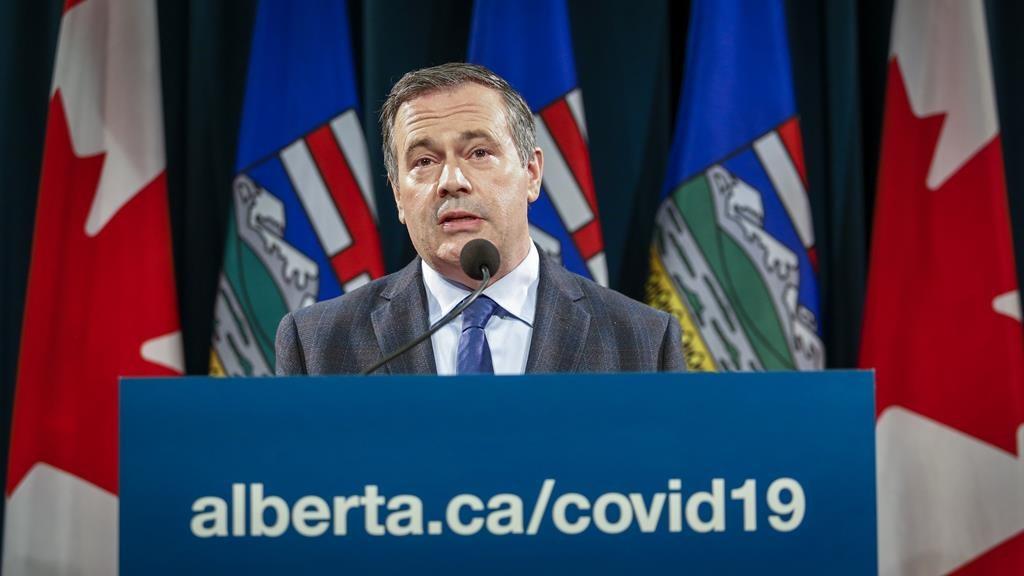Alberta Premier Jason Kenney says the province will implement a proof of COVID-19 vaccination program, and reintroduce limits on gatherings as the province’s hospitals run out of capacity due to a surge in COVID-19 patients.
The province also declared a state of public health emergency on Sept. 15.





